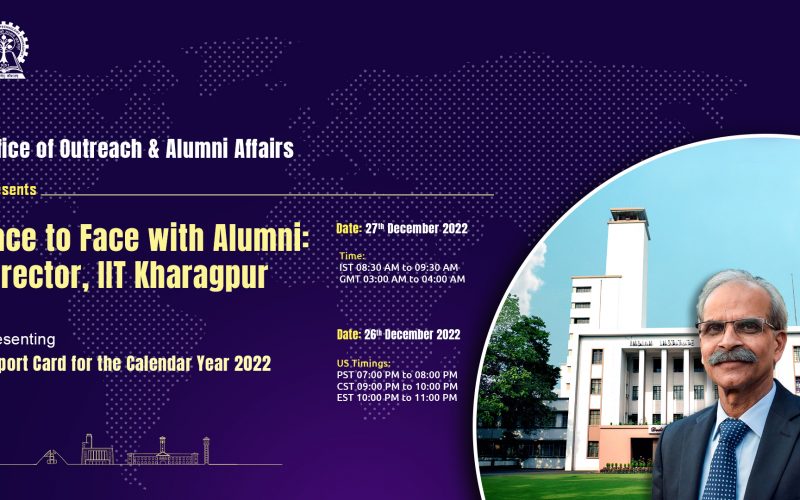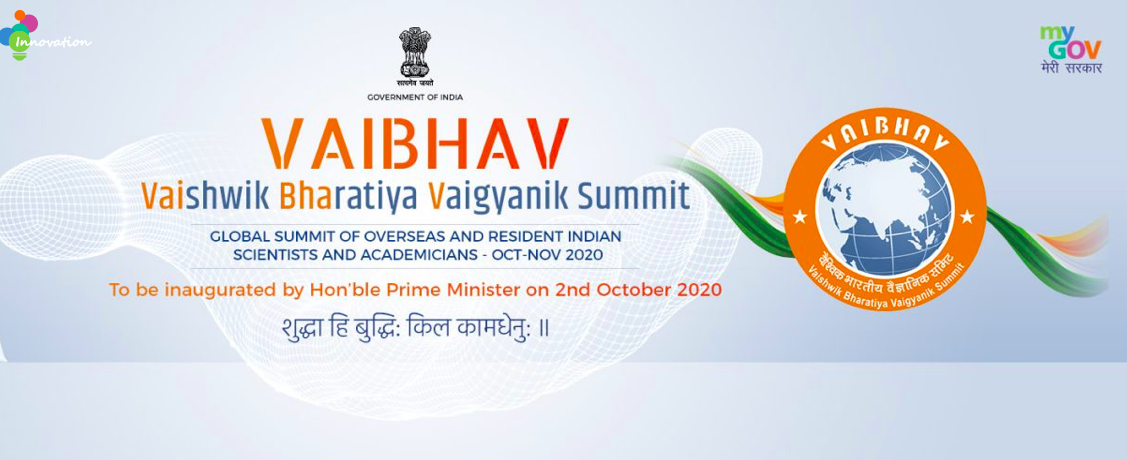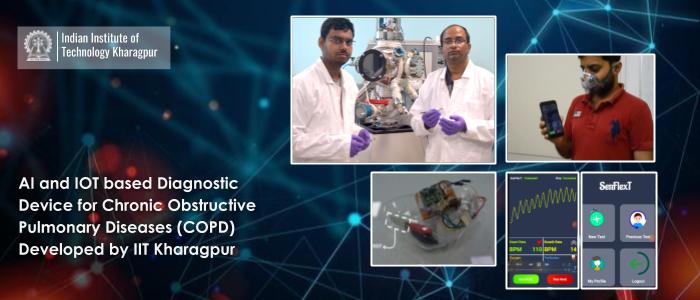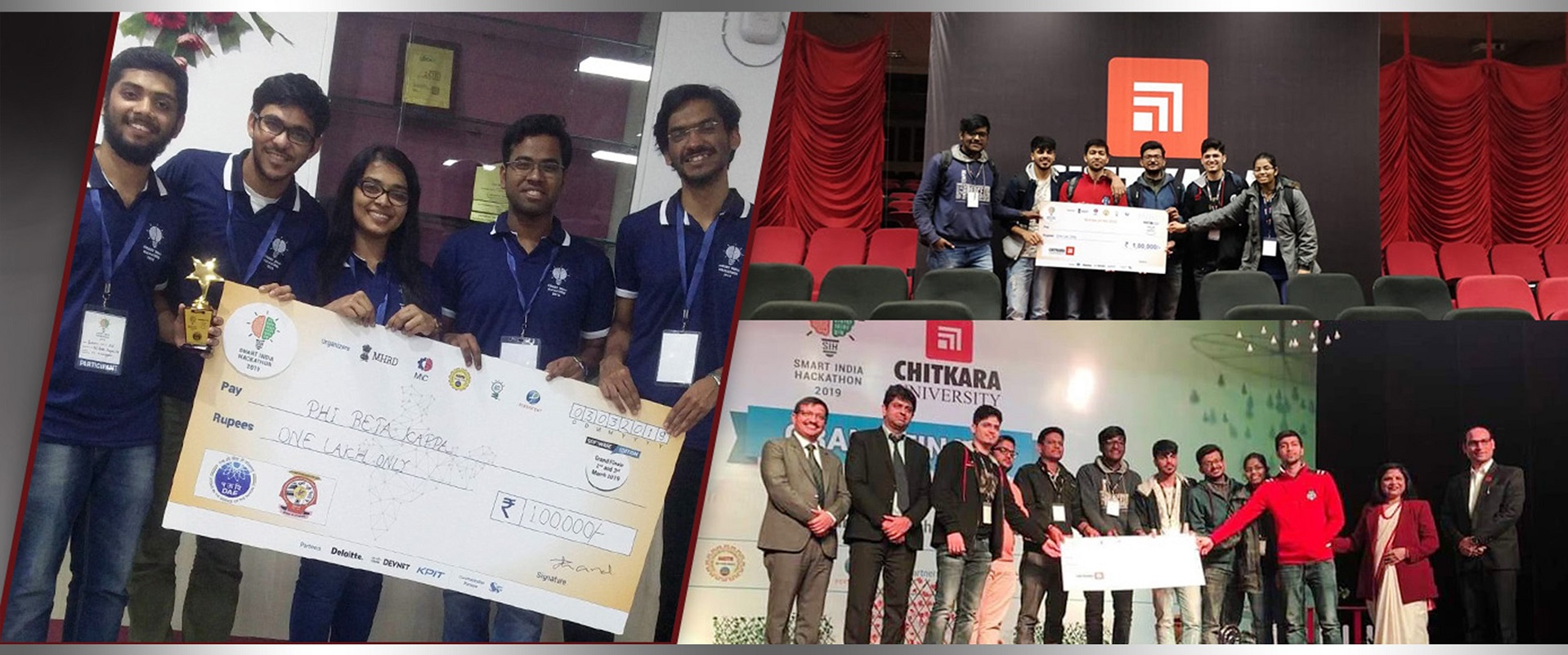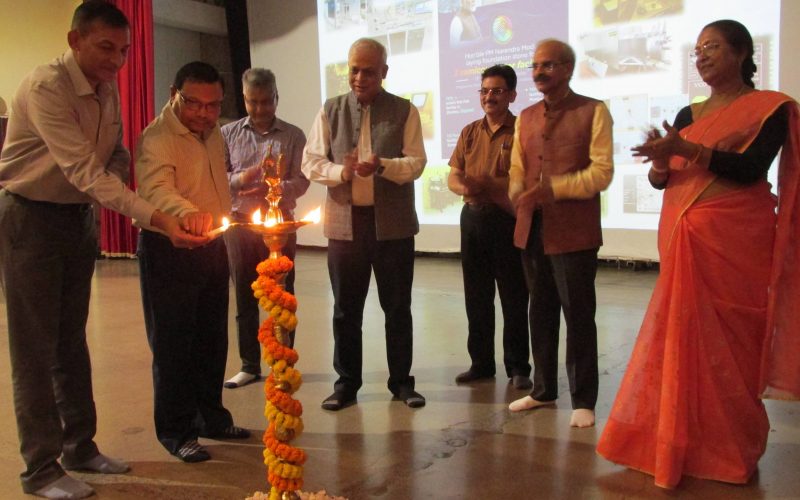
IIT Kharagpur calls for 100 Patents in 100 days
Aligning with India’s Semiconductor Mission and with an aim to strengthen the semiconductor facilities in India and to celebrate India’s Techade Vision and Viksit Bharat @2047, IIT Kharagpur conducted an In-house programme on the India’s Semiconductor Mission in the Netaji Auditorium of the institute that involved 650 participants including students, faculty members, and staff members. Lighting of the Lamp The programme began with the lighting of the lamp by Prof. V K Tewari, Director, IIT Kharagpur in the presence of Prof. Amit Patra, Deputy Director; Prof. Rintu Banerjee, Dean, R&D; Prof. Krishna Kumar, Dean, FoS; Prof. T K Bhattacharya, HoD,…


